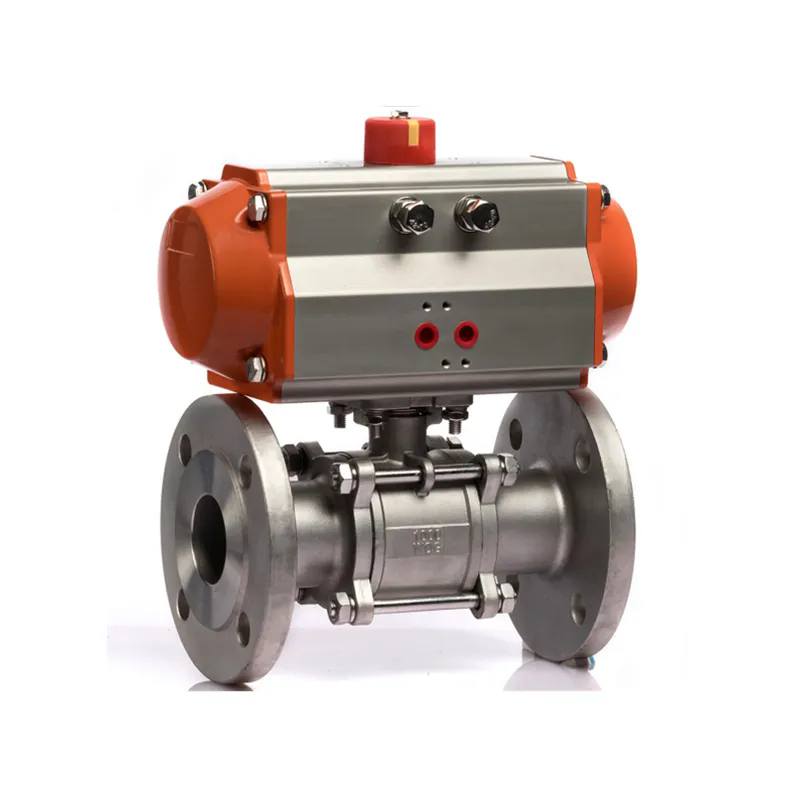Flange Ball Valves: Reliable Flow Control for Industrial Applications
2025-06-03
In industries where precision, durability, and safety are paramount, choosing the right valve can make all the difference. One of the most commonly used and trusted types is the flange ball valve. Known for its robust design and excellent sealing capabilities, this valve plays a critical role in fluid and gas control across various sectors — from oil and gas to chemical processing and water treatment.

What Is a Flange Ball Valve?
A flange ball valve is a type of quarter-turn valve that uses a rotating ball with a central bore to control the flow of liquids or gases. Unlike threaded valves, flange ball valves feature flanged ends that are bolted to pipeline flanges, providing a strong, leak-proof connection that's ideal for high-pressure and high-temperature environments.
Key Features of Flange Ball Valves
Flanged Ends: Allow for easy installation and removal in pipeline systems.
Full Port Design: Provides unrestricted flow, minimizing pressure drop.
Tight Shutoff: The spherical ball provides a strong seal even under extreme conditions.
Durability: Often made from stainless steel, carbon steel, or alloy materials for long service life.
Ease of Operation: A simple quarter-turn opens or closes the valve quickly and easily.
Common Applications
Flange ball valves are found in a wide variety of industries due to their reliability and ease of maintenance:
Oil & Gas Pipelines
Petrochemical Plants
Water Treatment Facilities
Power Generation
Marine and Offshore Systems
HVAC and Building Services
Advantages Over Other Valves
High Pressure Tolerance: The flanged connection handles greater pressures than threaded valves.
Better Alignment: Flanges help maintain pipe alignment and reduce stress on the pipeline.
Easy Maintenance: Bolted flanges make it easier to replace or service the valve without cutting into the pipe.
Leak Prevention: Suitable for critical applications where leaks are unacceptable.
Important Considerations When Choosing a Flange Ball Valve
1. Material Compatibility: Ensure the valve body and seats are suitable for the media (e.g., corrosive chemicals, high-temperature steam).
2. Pressure and Temperature Ratings: Check the valve’s ANSI/ASME ratings for compatibility with your system.
3. End Connection Standards: Match the flange standard (e.g., ANSI, DIN, JIS) to your piping system.
4. Actuation Options: Available with manual handles or automated actuators (pneumatic or electric).
Maintenance Tips
Routine Inspection: Regularly check for leaks, wear, and corrosion.
Proper Torque Application: Avoid overtightening bolts on flanges to prevent deformation or leaks.
Lubrication: Use appropriate valve lubricants for smooth operation.
Seal Replacement: Periodically replace seats and seals for continued performance.
Conclusion
Whether you're building a complex industrial system or upgrading existing pipeline components, flange ball valves offer unmatched reliability, sealing performance, and ease of installation. Their sturdy construction and ability to handle demanding conditions make them a go-to solution for engineers and plant operators worldwide.


